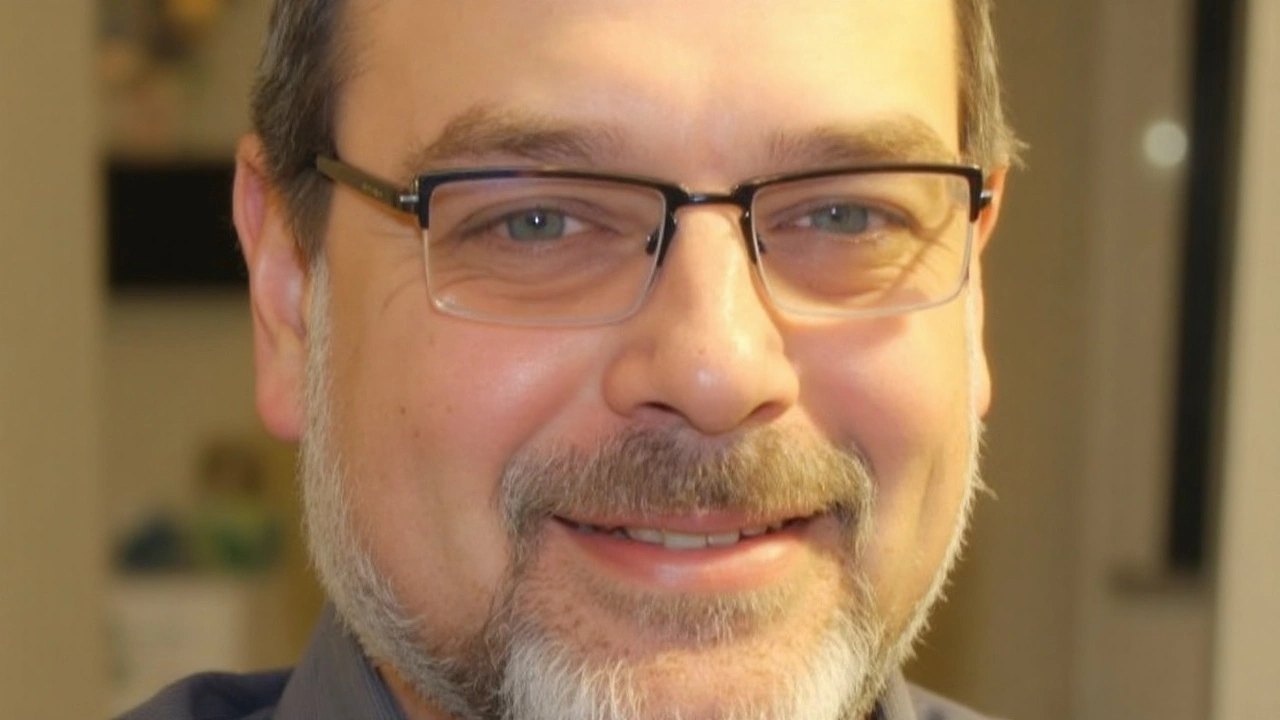On September 17, 2025, the Atlanta Jewish Times ran a special editorial titled “A New Year, A New Beginning,” penned by longtime columnist Jody Pollack. In it, Pollack wove together the ancient prayers of Rosh Hashanah 2025 with the gritty reality of a community still reeling from a “horrific chapter” that has left many families displaced, grieving, or physically scarred.
Rebuilding Lives After Trauma
Pollack opened his piece by recalling the classic shofar blast that signals the start of judgment and renewal. He argued that this year’s sounding carries an extra weight: it is a call to rebuild—not just houses, but homes, relationships, and a sense of normalcy. He highlighted several local initiatives, from neighborhood housing projects in Buckhead to volunteer-led counseling sessions at the Jewish Community Center, that aim to restore stability for those whose lives were upended.
The columnist stressed that rebuilding is a collective effort. He quoted Rabbi Miriam Goldstein, who has been spearheading a food‑security program that distributes kosher meals to families affected by recent regional conflicts. Pollack noted that the program, now in its third year, has reached over 1,200 households, showing that communal resilience can translate into concrete support.

Remembering Those We’ve Lost
Moving from the present to the past, Pollack recalled the many names etched on memorial walls across Atlanta’s synagogues. He urged readers to pause during the Tashlich ceremony on the banks of the Chattahoochee River, letting each ripple carry a thought for the departed. He cited a recent ceremony where dozens of candles were lit, each representing a soul taken too soon during the recent conflict in the Middle East.
Pollack’s tone was somber but purposeful. He reminded the community that remembrance is not a passive act; it fuels a moral responsibility to protect the vulnerable and to stand against hatred. He called on local schools to incorporate Holocaust education into curricula, ensuring that new generations grasp the stakes of indifference.
Throughout the editorial, Pollack wove a thread of compassion, urging readers to extend care to those “scarred by a horrific chapter.” He listed practical ways to help: donating to the Jewish Relief Fund, volunteering at crisis hotlines, and simply checking in on neighbors who have been silent since the turmoil began.
By the end of his piece, Pollack left readers with a hopeful mantra: “May our sweetness outweigh our bitterness, and may the coming year be a time of healing, unity, and renewed purpose for every Jew in Atlanta and beyond.”
